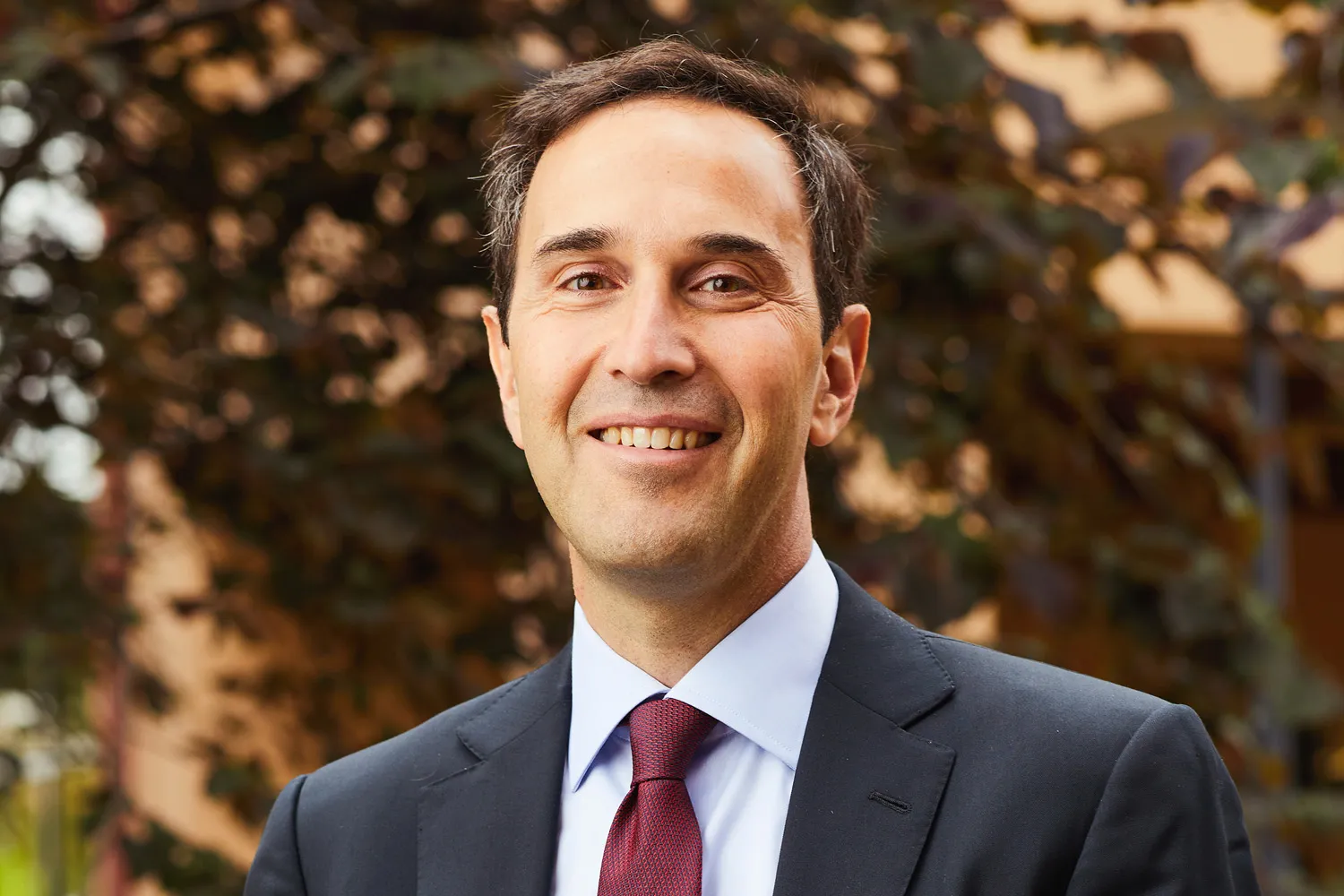Graduate School of Business (GSB) Dean Jonathan Levin ’94 is charting a new direction for the University. His appointment as Stanford’s next president on Thursday follows the resignation of Marc Tessier-Lavigne last July and the interim appointment of Richard Saller, amid widespread administrative turnover.
Saller will continue to serve as president on an interim basis until Levin assumes office on Aug. 1.
Some philosophies will hold true between the two presidents. Levin has previously expressed support for institutional neutrality on political issues, including at Faculty Senate meetings.
“We want students to be comfortable with complexity and to hear many different views, and to think for themselves about complex events in the world,” he told The Daily on Thursday.
His position aligns with Saller and Provost Jenny Martinez’s public commitment to neutrality over their tenure. Levin said he would work closely with Saller and Martinez during his leadership transition.
Over the past year, university presidents including Saller have contended with mounting political scrutiny over antisemitism, Islamophobia and free speech boundaries on campus amid the ongoing Israel-Gaza war. Lawmakers signaled at a congressional hearing last month that universities such as Stanford could face investigations.
Much scrutiny over the past several months revolves around statements or the lack thereof from the President and the Provost, and Stanford’s institutional position on the Israel-Gaza war and other international issues. According to Levin, the Faculty Senate will debate institutional neutrality this quarter.
“Universities should try to get out of the business of making statements on current events and focus on encouraging students to listen to different perspectives and engage in dialogue,” Levin said.
However, “that doesn’t mean abdicating responsibility — it means that the responsibility of University leaders.is to foster a culture of dialogue,” he continued.
Levin acknowledged that the challenges to higher education “are real and they’re going to need thoughtful attention, but the foundational strength that makes American universities the envy of the world endures.”
More broadly, the incoming president said he hopes to “build on Stanford’s breadth of excellence across every discipline and to … craft a vision for Stanford that those of us on campus will be excited about and people all over the country could be proud of.”
The 20-member Presidential Search Committee unanimously recommended Levin from an initial pool of over 800 nominations, following seven months of community listening sessions.
The committee sought “someone who has a deep familiarity with Stanford, understanding of [the] culture and reflecting the optimism and spirit of possibility that Stanford represents for many of us,” Board of Trustees Chair Jerry Yang ’90 M.S. ’90 told The Daily.
“But really, the thing we all resonated with is, Jon is a great person,” Yang said. “He is humble, he is empathetic, he listens — and I think the word the Presidential Search Committee used the most about Jon is that he’s optimistic.”
As GSB dean over the past eight years, Levin has overseen initiatives to expand the school’s research and teaching initiatives, including the GSB Research Hub and the Business, Government, and Society program, which brings together business and social leaders.
“It’s been a wonderful experience and hugely rewarding, and I’m very proud of the school,” Levin said.
Apart from his leadership roles, Levin has gained prominence for his academic scholarship. The American Economic Association awarded him the John Bates Clark Medal as the economist under 40 who made the most significant contribution to economic thought and knowledge in 2011. He has also advised President Biden’s Council of Advisors on Science and Technology, the Federal Communications Commission and the U.S. Treasury.
Before joining Stanford’s faculty in 2000, Levin arrived on the Farm from his hometown of New Haven to study mathematics and English. He went on to receive an MPhil in economics from Oxford and a Ph.D. in economics from MIT.
“I came to Stanford when I was 17 years old and it changed my life in so many ways,” he said. “It opened my mind — it was just such an extraordinary place to be a student and be around so many different people.”
One of Levin’s favorite spots on campus, he said, was an engraved cornerstone of the Knight Management Center.
“It says that Stanford is dedicated to the things that haven’t happened yet, and to the people who are about to dream them up,” he said. “It’s an incredibly forward-looking and optimistic place and I hope to do everything I can to further that ethos of the University.”
